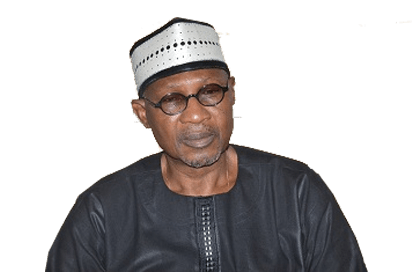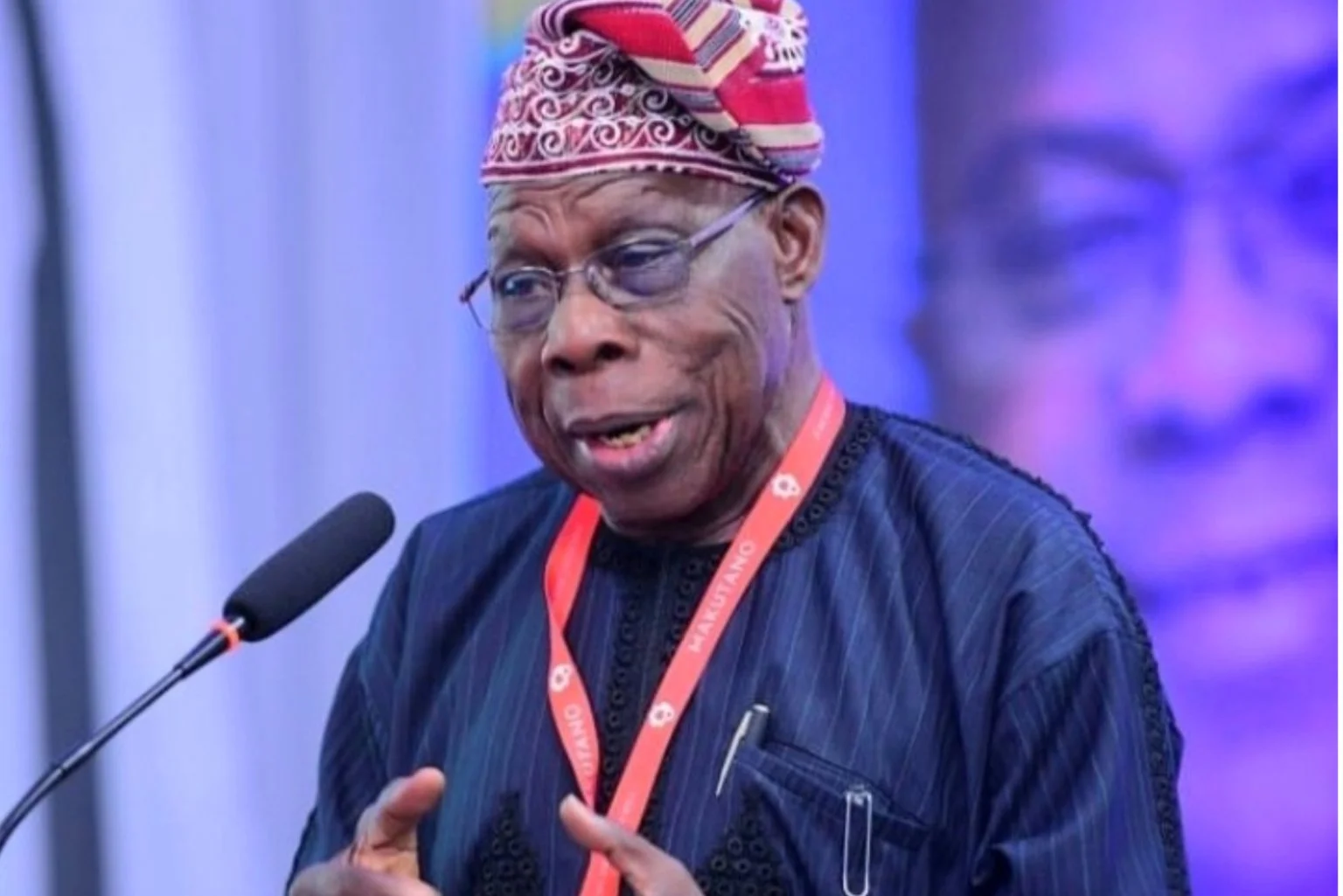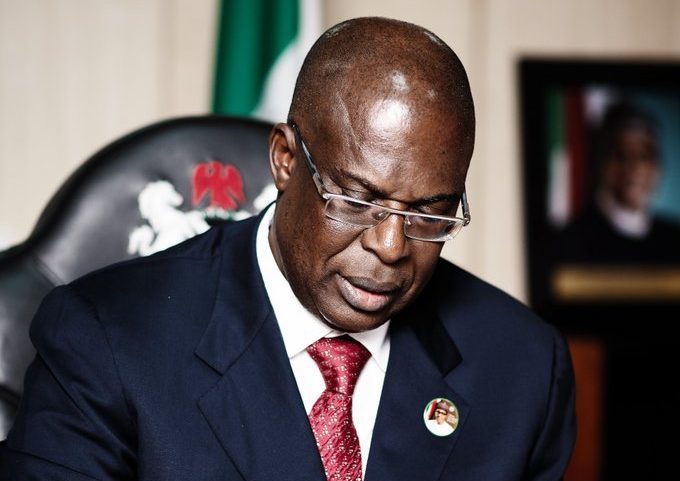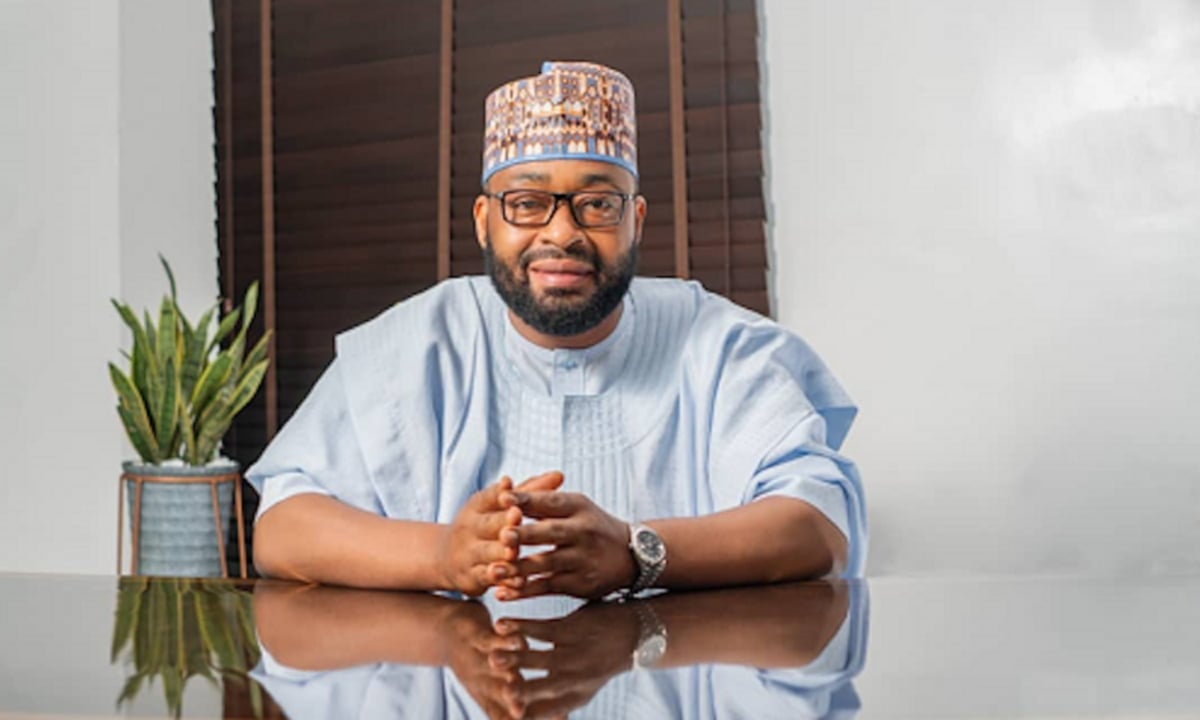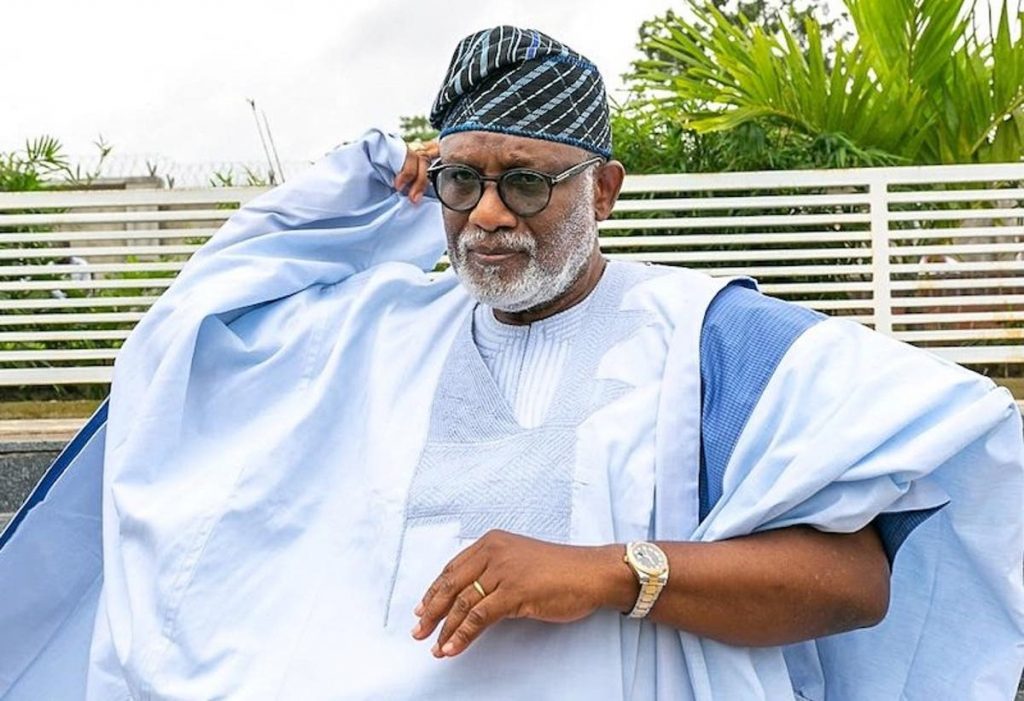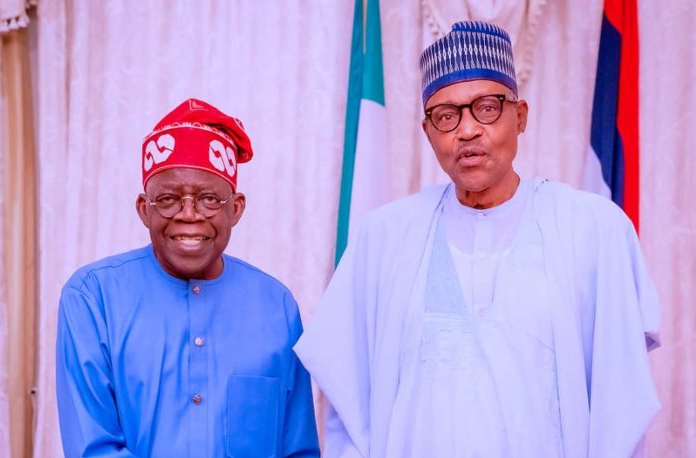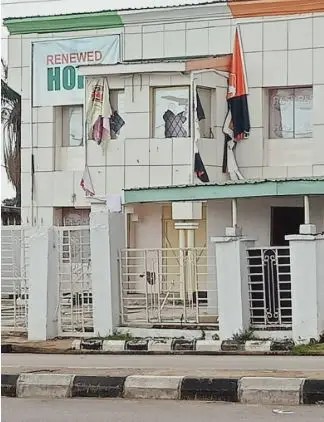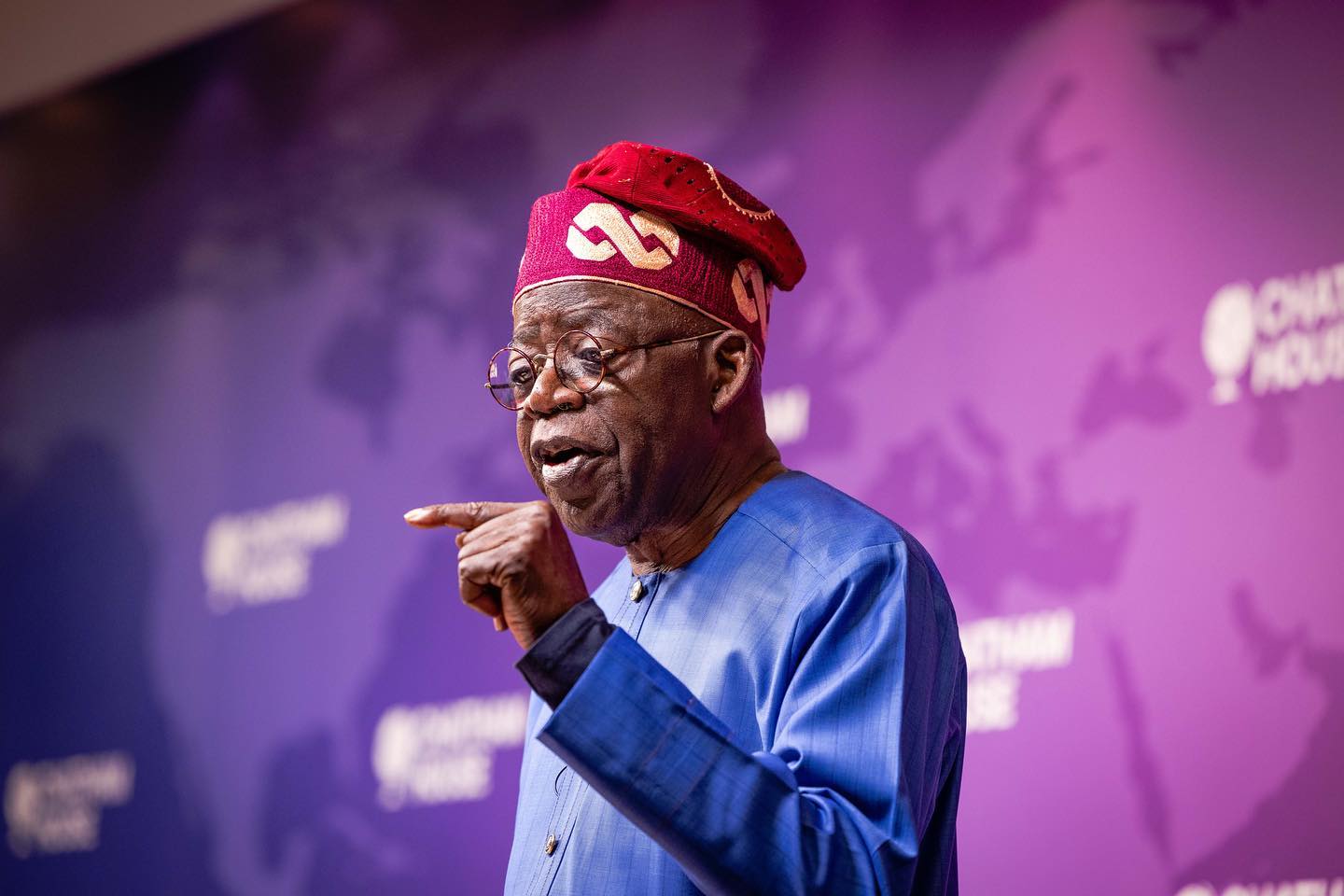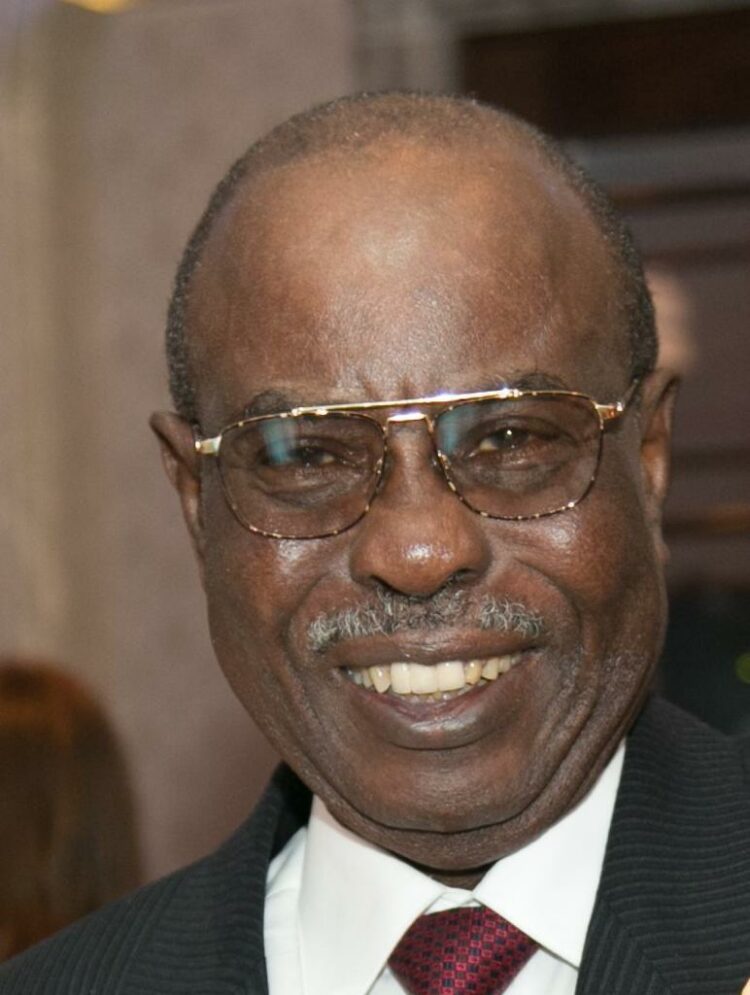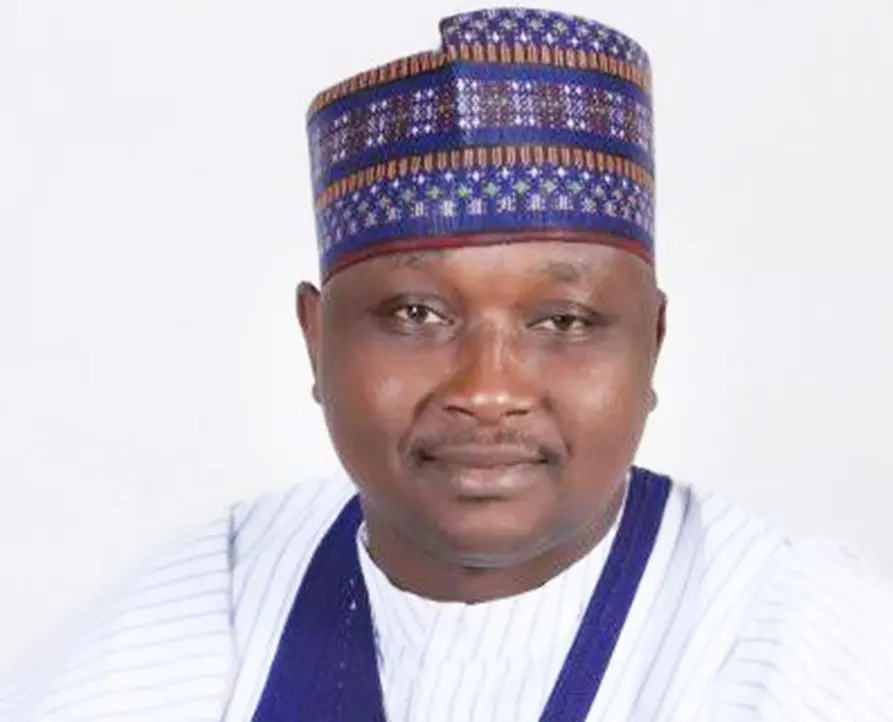Pro-Chancellor and Chairman, Governing Council, Federal University of Technology (FUT), Minna, Prof. Femi Odekunle, has stressed the need to restructure the country, saying until that is done, the nation will continue to face a lot of challenges. The don who is also a member of the Presidential Advisory Committee Against Corruption (PACAC) in this interview, spoke on other issues.
Two years after inauguration of the Council, how has the experience been so far?
So far, so good. I am happy the Council is made up of people who are dedicated and committed to academic and non-academic development of FUT, Minna. Their collective effort and resilience has led to several achievements within the shortest period of time. In addition to that, the relationship between the staff and students and between the staff unions and management has been cordial. The Council recently facilitated the access to N2.5 billion Needs Assessment Fund of the University which was previously held up in the Ministry of Finance. We were also instrumental in the award of N3 billion Special High Impact Fund from TETFund, among others.
You appointed a new Vice Chancellor and Registrar recently. How about that?
Yes, we did, and it was peaceful and rancour-free because we strictly followed the established rules and regulations. In most universities, there are usually problems when you have to appoint a new Vice-Chancellor and a new Registrar. But we did that recently and everybody was happy with the exercise. We would sustain the momentum to ensure that FUT, Minna becomes a reference point in Nigeria and beyond.
What strategy was adopted to achieve that?
It was the strategy of transparency, integrity and honesty from the beginning to the end of the process. The criteria for selection was outlined, agreed and determined to the knowledge of everybody. Applications were received and qualified candidates were short listed based on the established guidelines, and thereafter, the most qualified candidate was appointed.
Were there pressure from outside to favour a particular candidate?
There were pressures from different people but we were able to manage it properly. There is nothing wrong with such kind of pressure. Whether here or abroad, when there is an appointment to be made and there is a committee to do the job, there would be pressure. But what is important is that the people charged with the responsibility must think of the interest of the University which must be paramount and guide the exercise.
Funding has been the problem of universities in Nigeria. What do you suggest Nigeria universities and government can do to address it?
This issue of funding is general, it affects every sector of the society. My recommendations may be unsatisfactory but I have to say it. There is no country in the world today that I know where everybody who finishes secondary school must go to the university. It’s only in Nigeria that things appear to be that, when you leave secondary school, you must go to the university. That is part of the issues fundamental to the number of universities and the part of funding. You know that we have private universities; they are there to deal with the matter of access and qualifications because those who enter Federal Government universities are perhaps more qualified than those who go to private universities. Private universities are not as serious in terms of enforcing admission standards like Federal Government universities.
Read Also: Capital Market Key To Achieving SDGs –Onyema
Do you agree that there is a disconnect between universities and industries in Nigeria?
Yes, there is a disconnect, but it is not as bad as being painted. There is room for improvement. Take for example, we have collaboration with the Military, the Nigerian Communications Commission (NCC), Nigerian Communications Satellite Limited and so on. So, I would say here there is disconnect but efforts are being made to correct that. Industries do not believe they could get a lot from our universities. Again, you relate it to the earlier question, if there is no money to fund research for development, what will the industry be doing relating to the universities except to donate a building to them and professorial chair. But you find industries in developed countries devoting huge funds to a particular problem or project and that one can go on for 5 or 10 years before it materialises. But local capitalist industries want quick returns. And you have other problems too that make it easier for people to engage in corrupt practices and therefore make quick money. So, their thinking is why do you want to go and tie down your money for some projects you don’t know when it’s going to materialise.
As PACAC member, how do you think the issue of corruption can be tackled in Nigerian tertiary institutions?
Corruption entered the university system in mid 1980s and it has continued to spread like cancer. There are all kinds of Î practices in Nigerian university system today. There is financial corruption, admission racket, sex or money for grades, promotion system corruption, and several other areas, which are dangerous for our academic system. It is systematically dangerous to the survival of the society when corruption eats into the educational system of a country. Somebody once said that if you want to destroy a country, corrupt its educational system. It will, then produce unqualified doctors and other professionals.
We should insist on due process in terms of financial and other transactions. There should be transparency in admission, recruitment, procurement processes and other areas. We have told the University to report any matter of academic or sexual corruption to the appropriate people for investigation and prosecution.
THE SUN, NIGERIA

